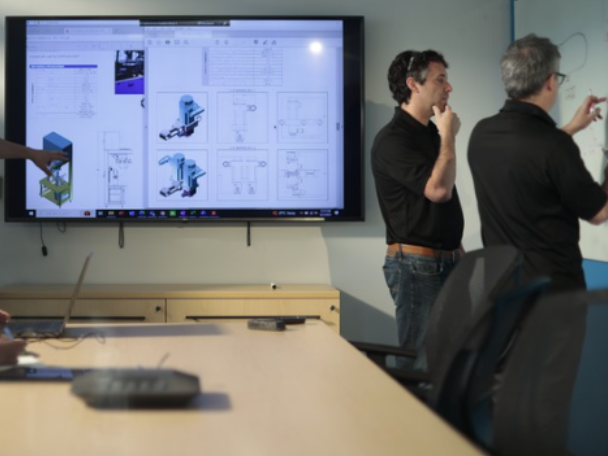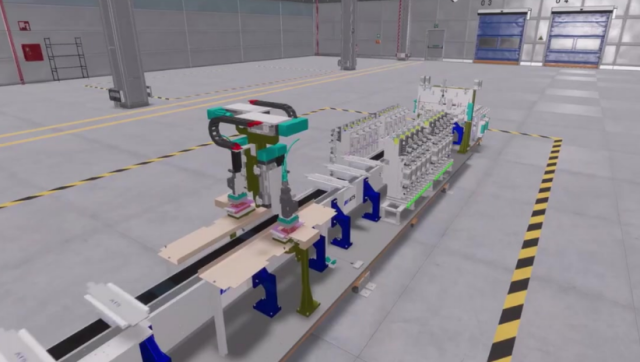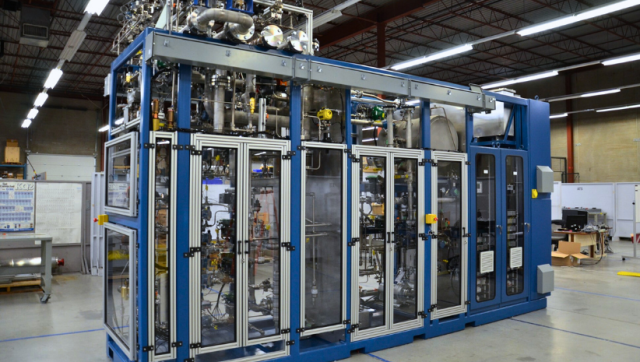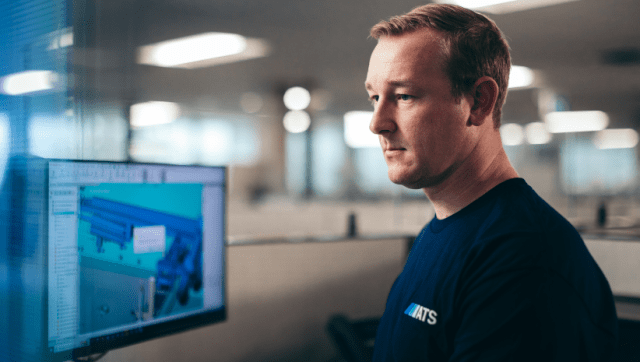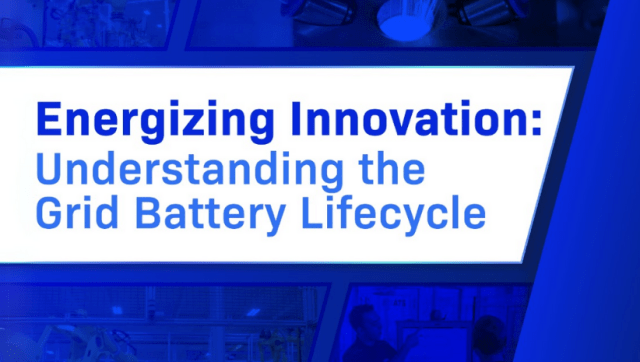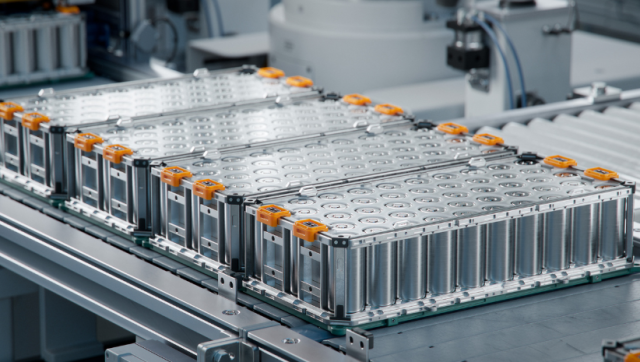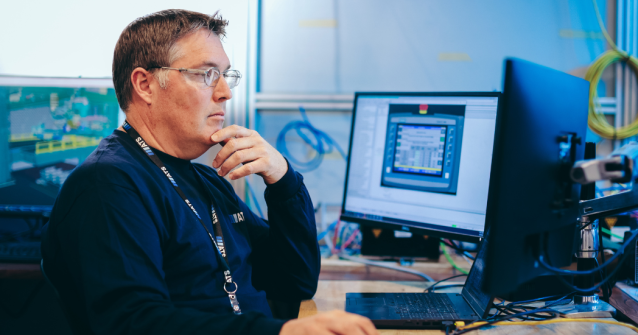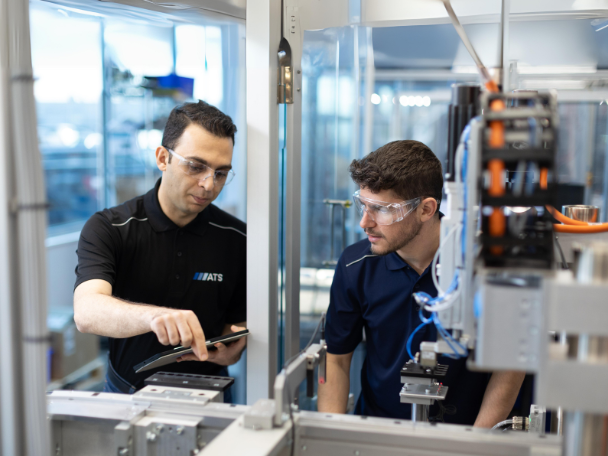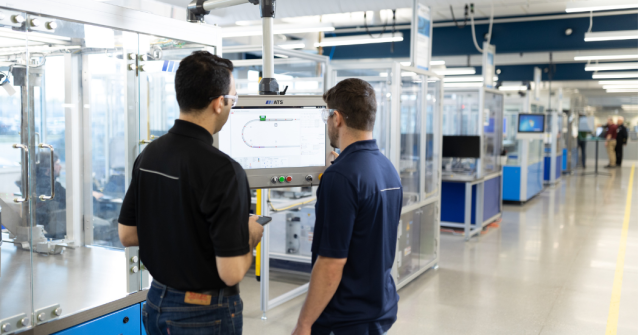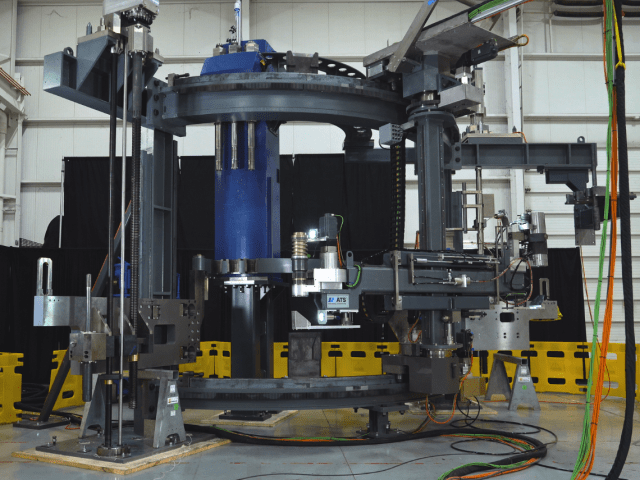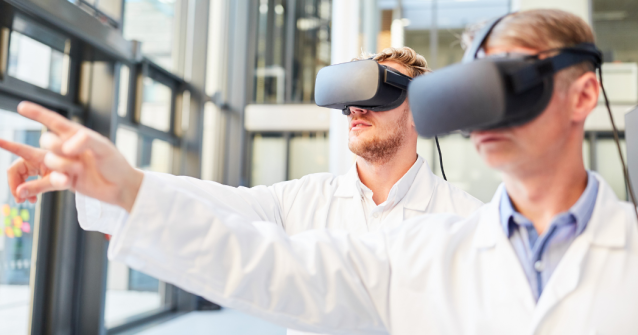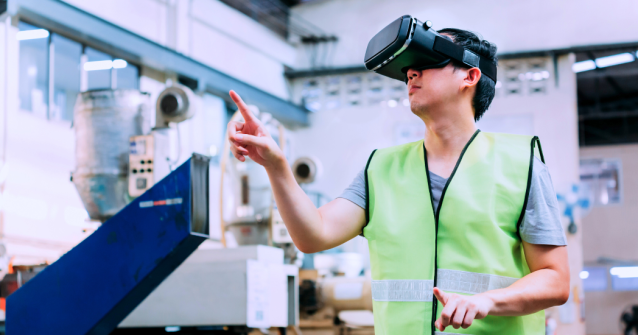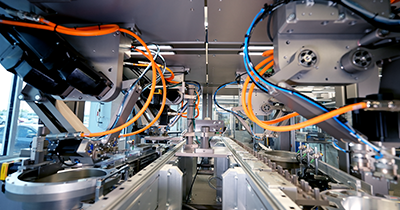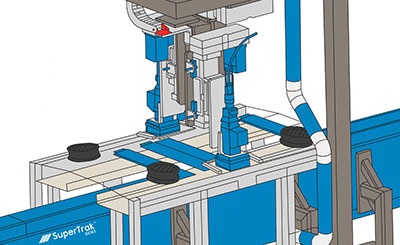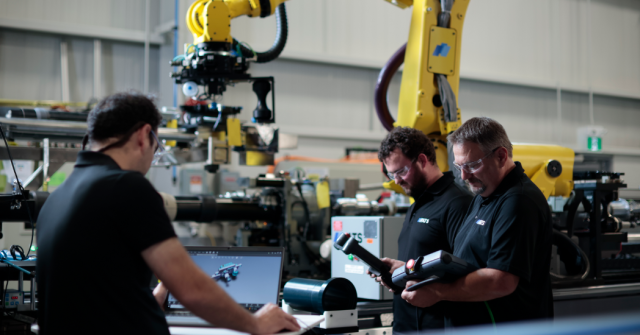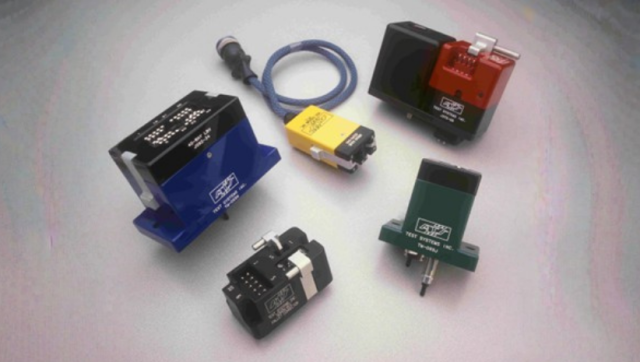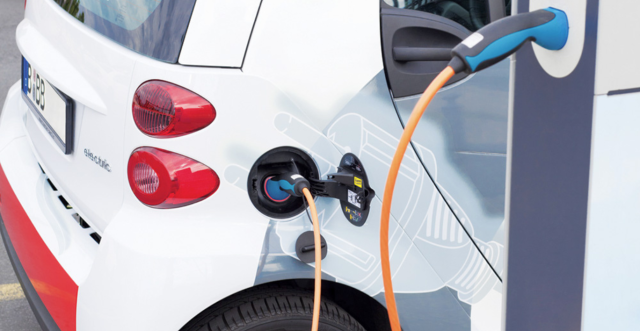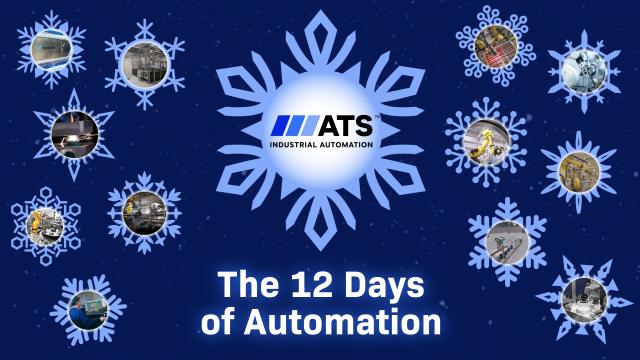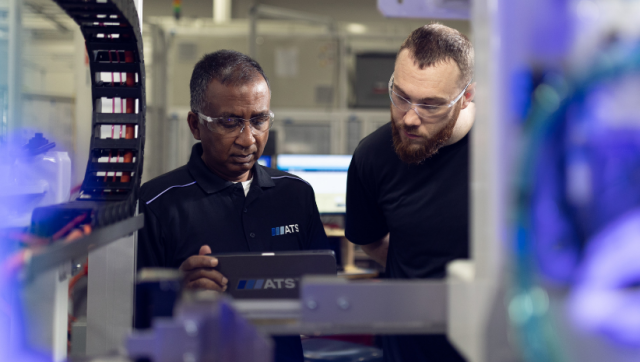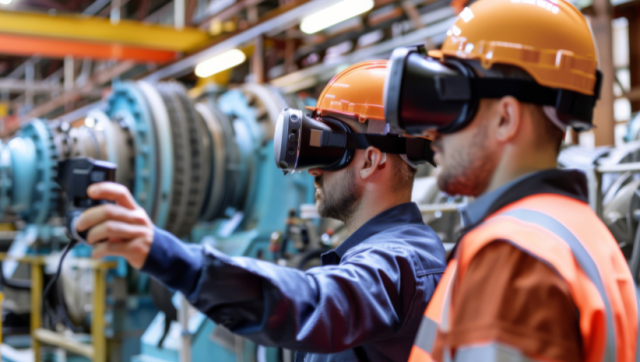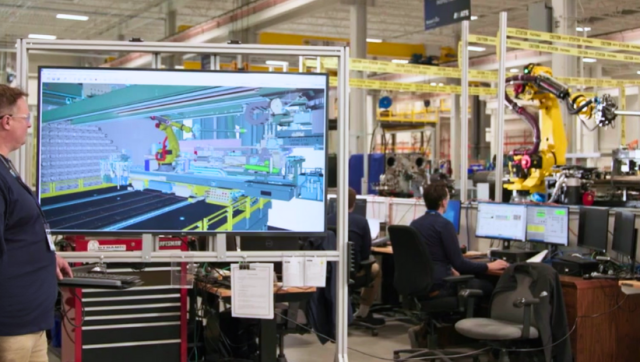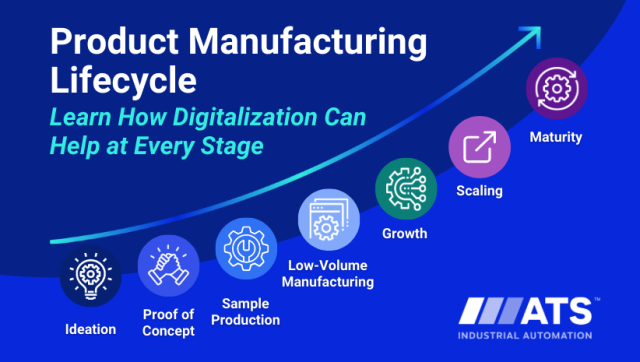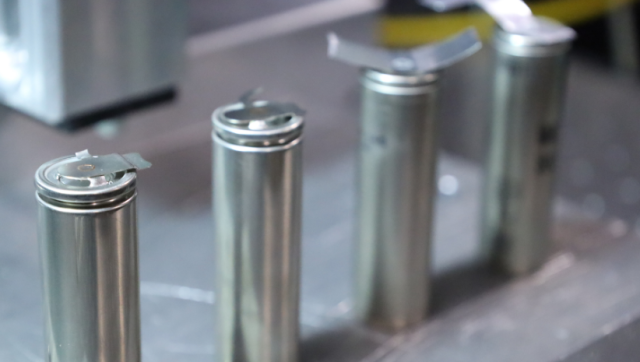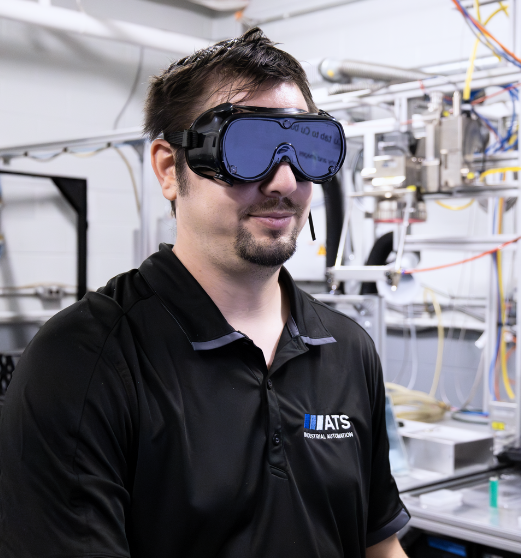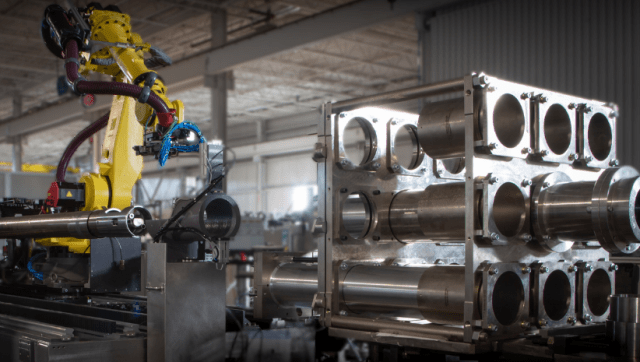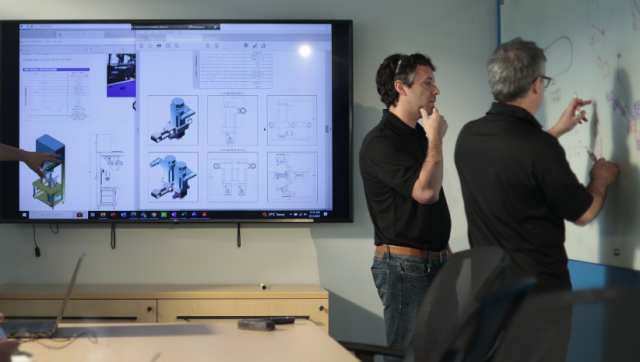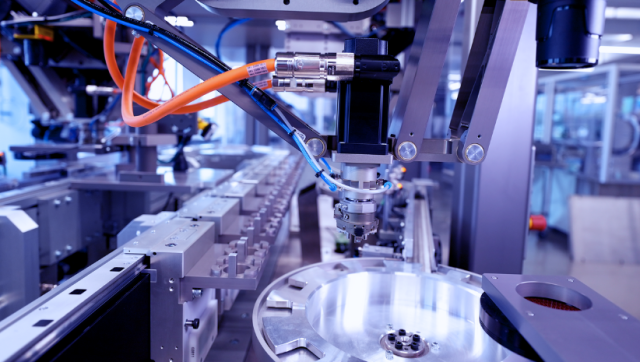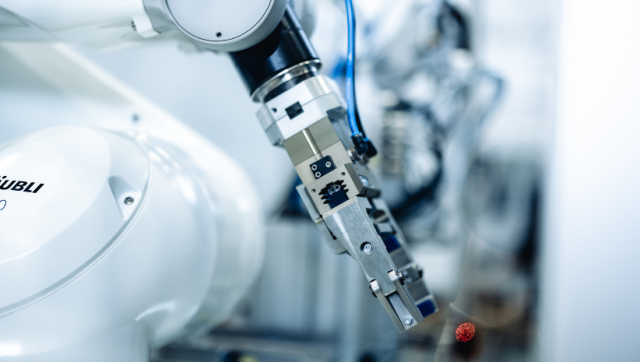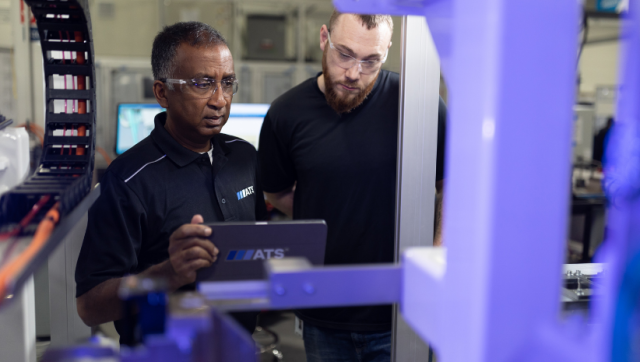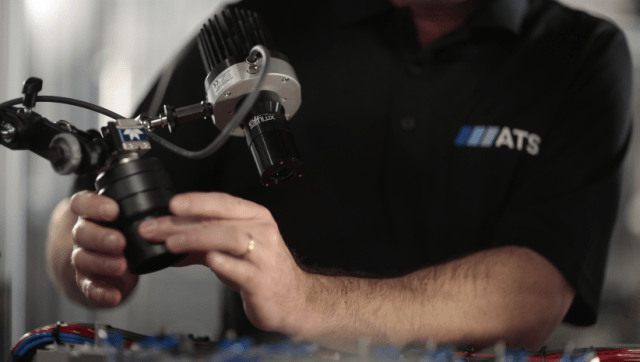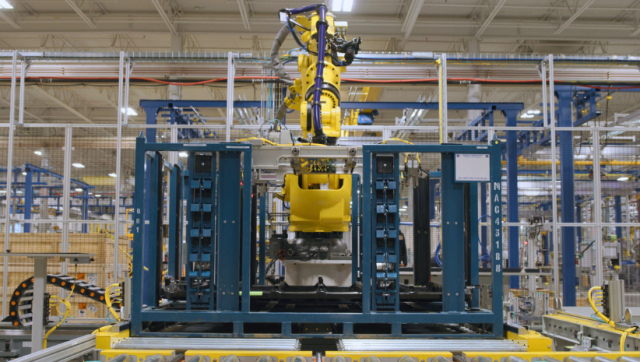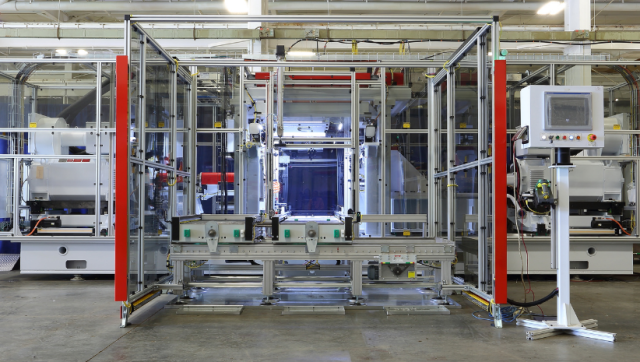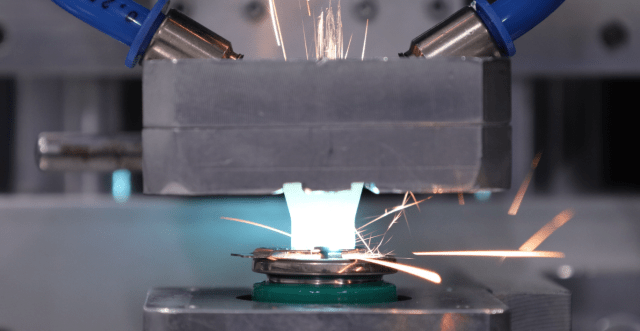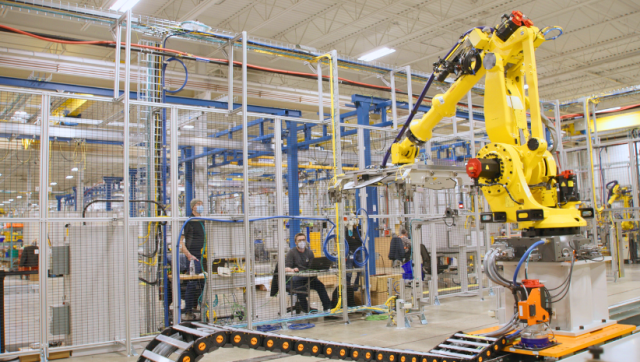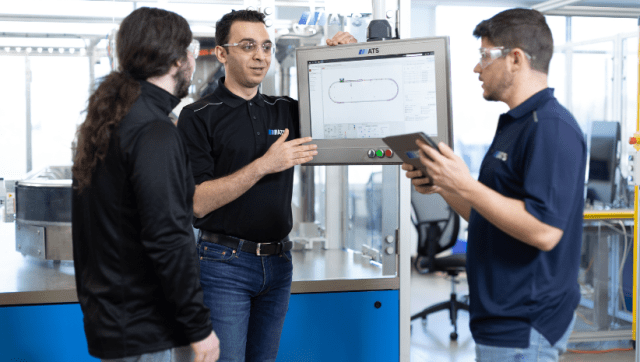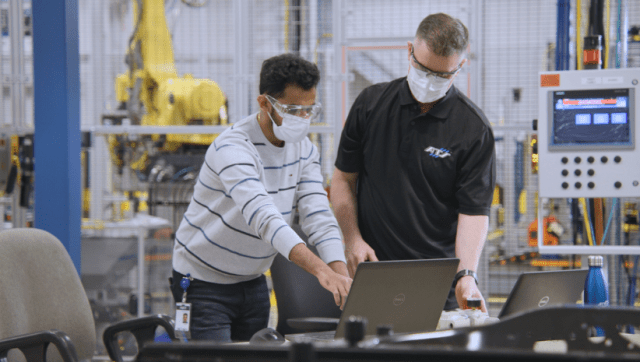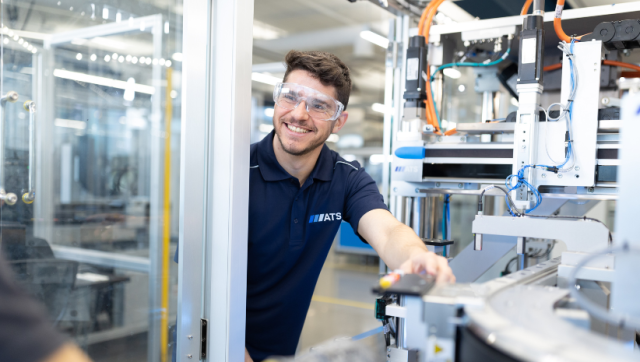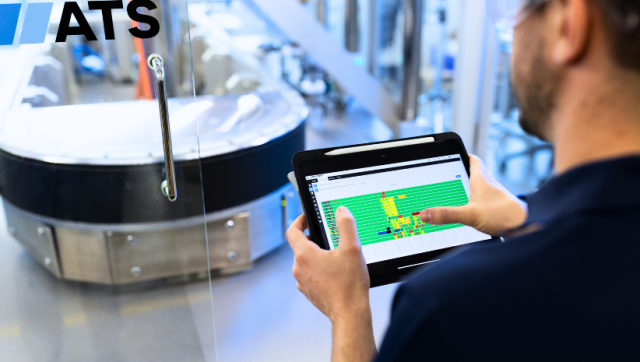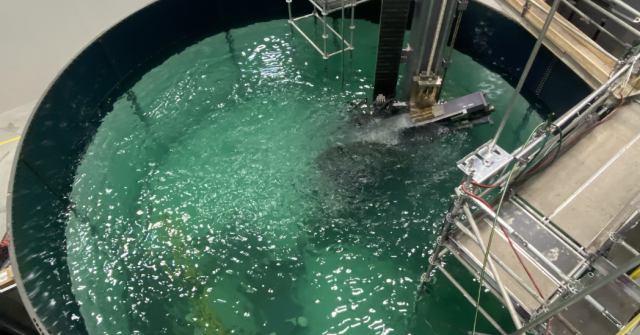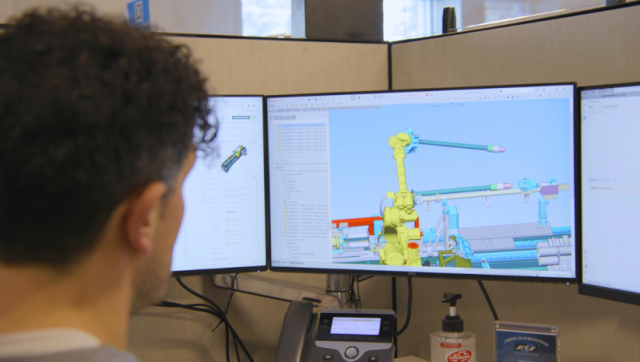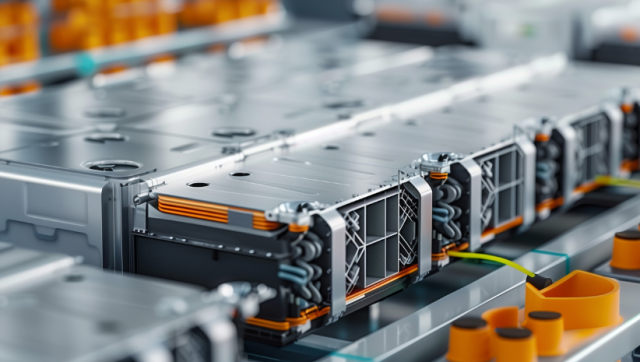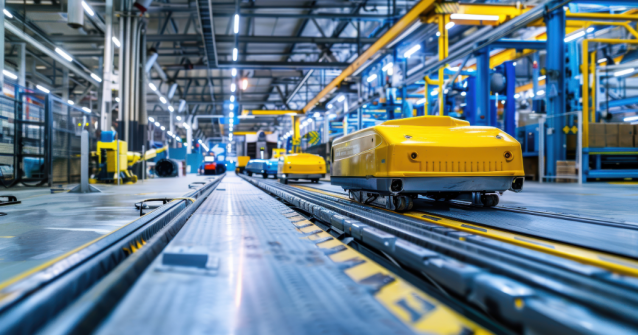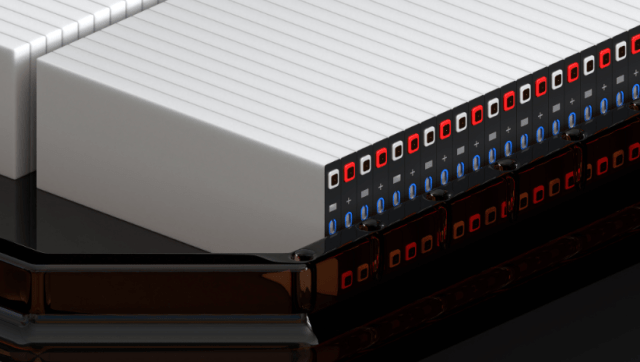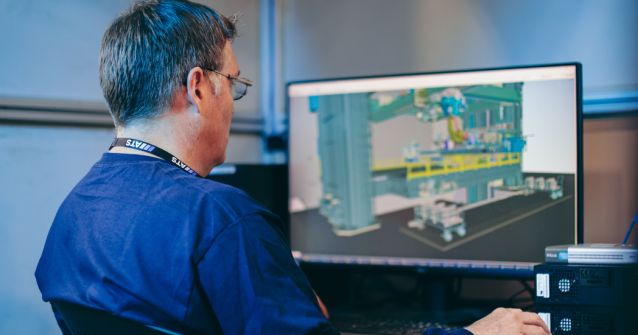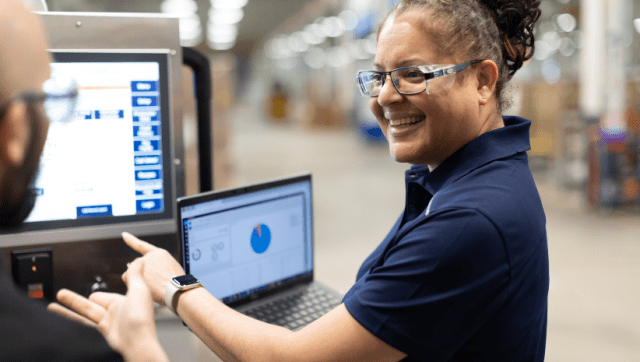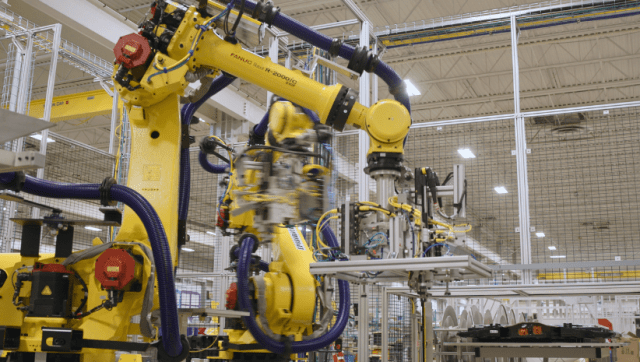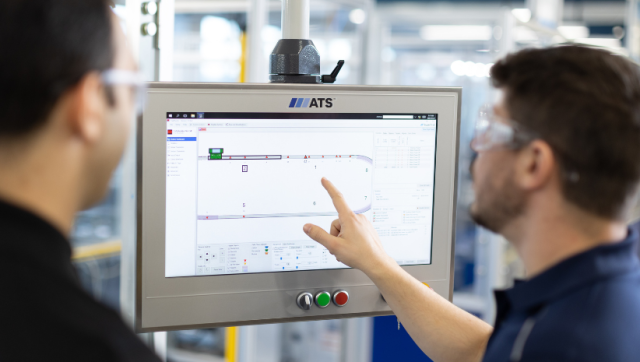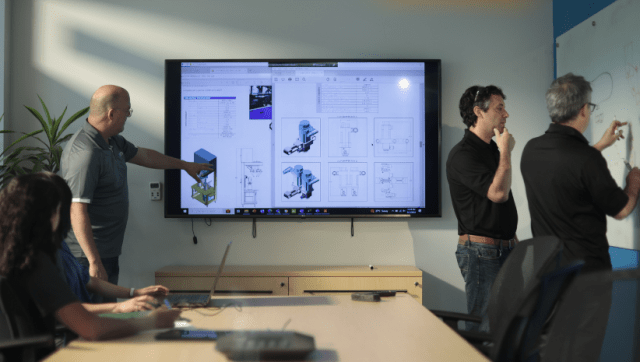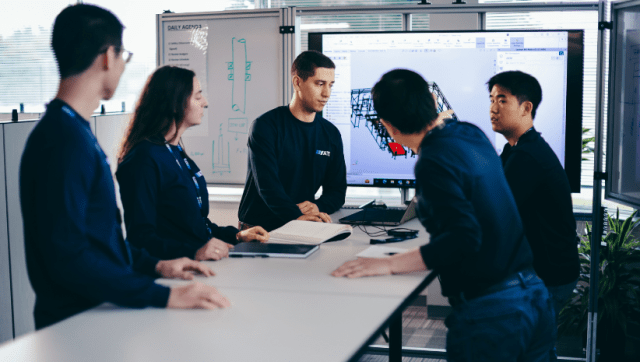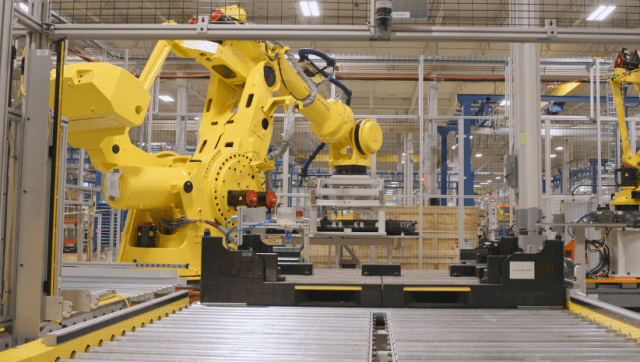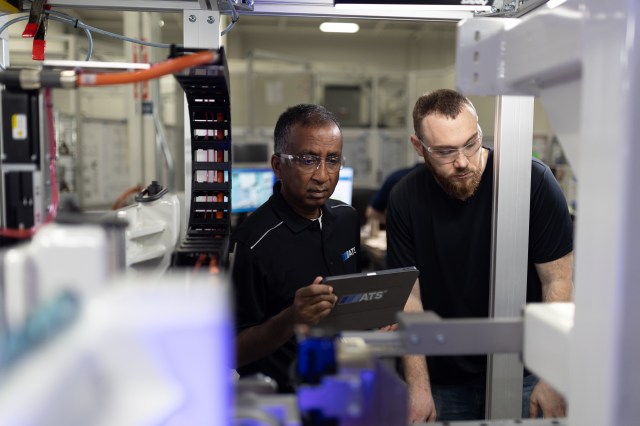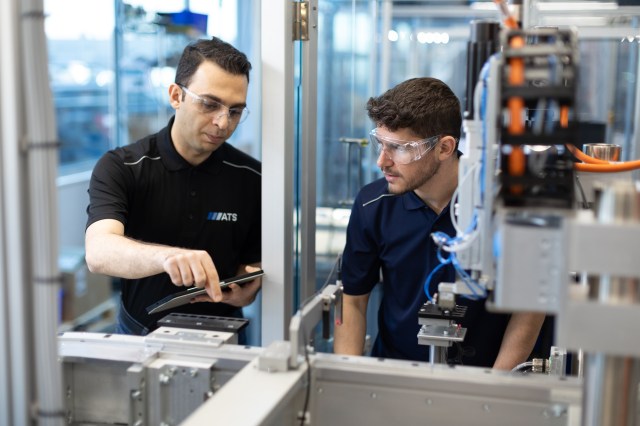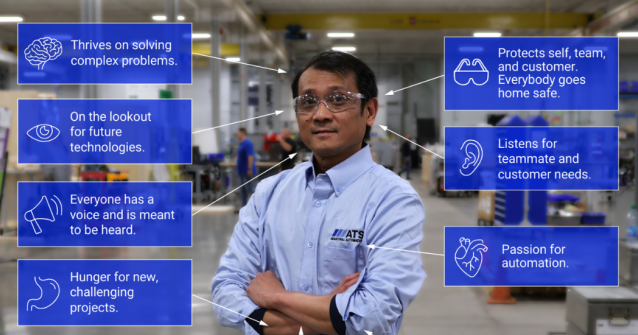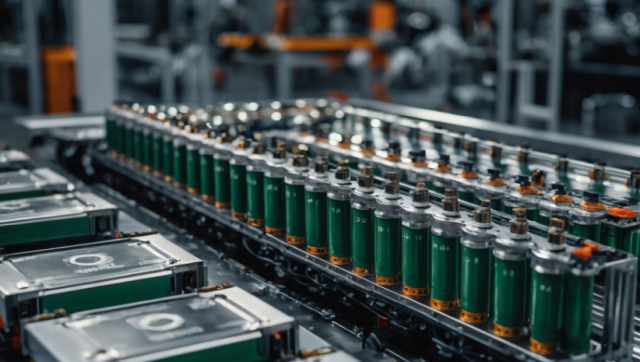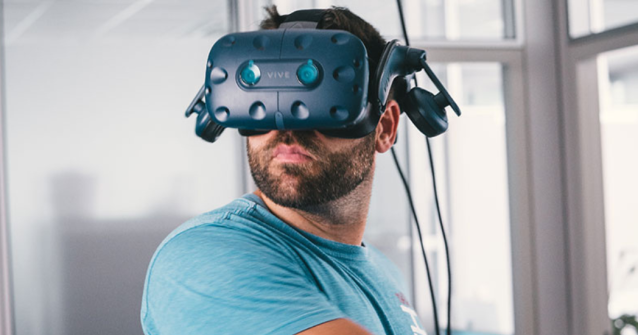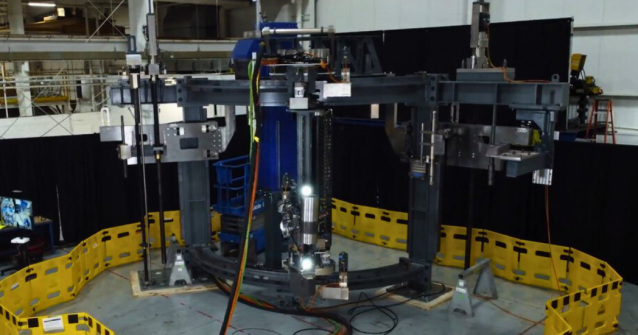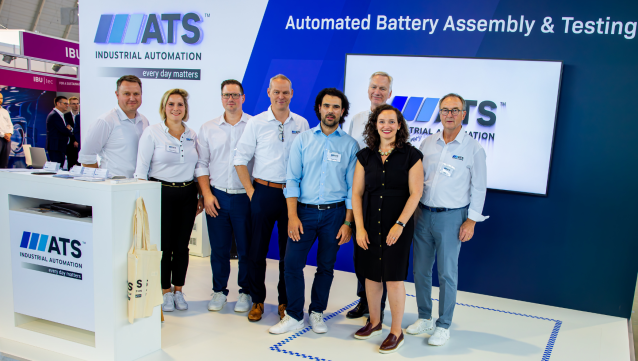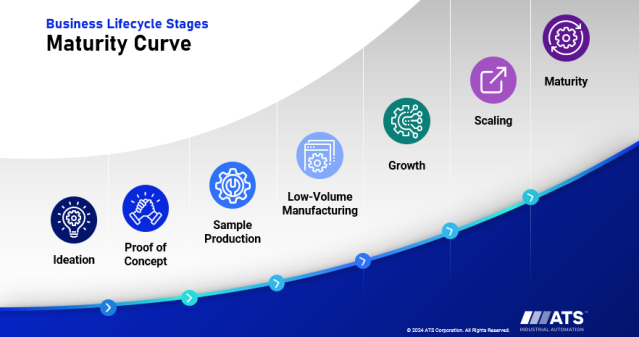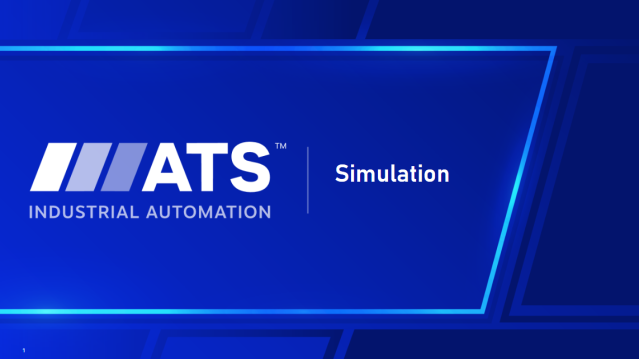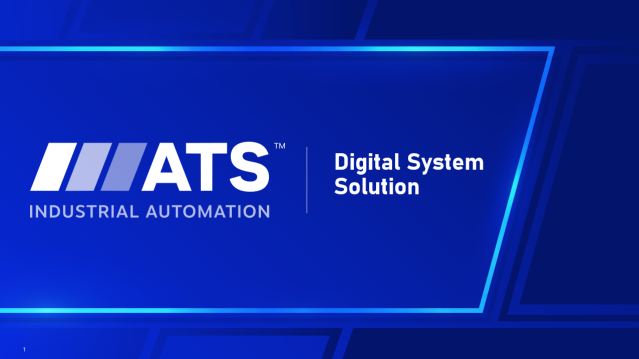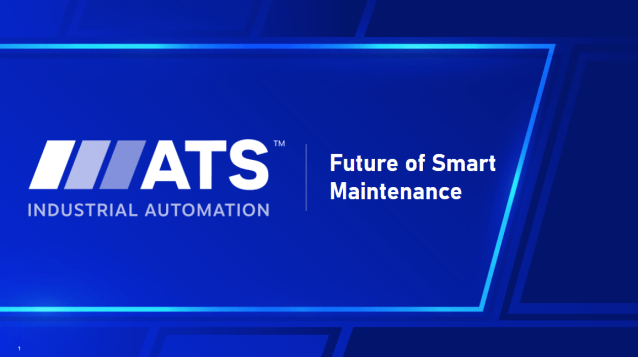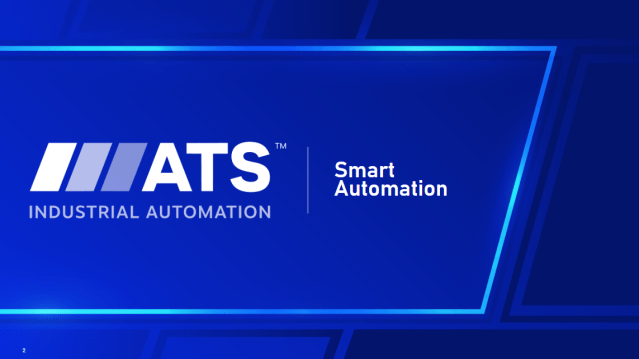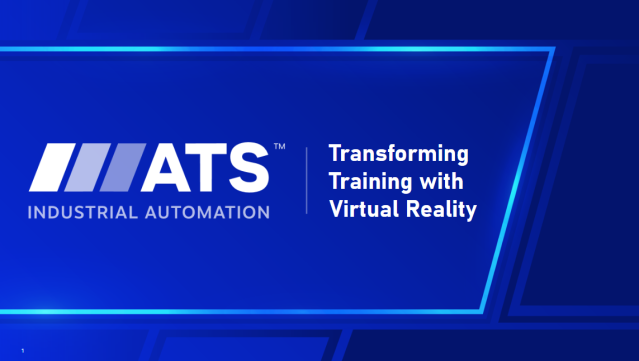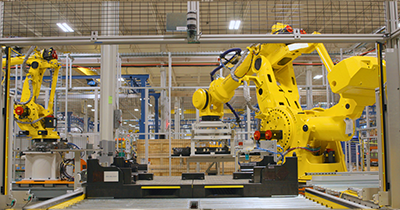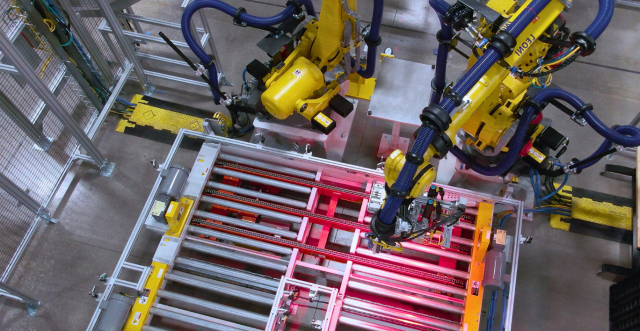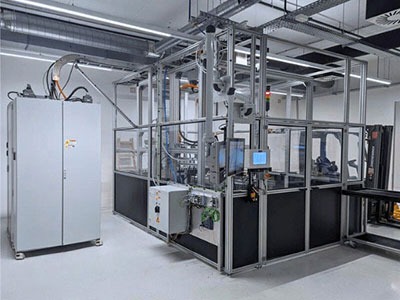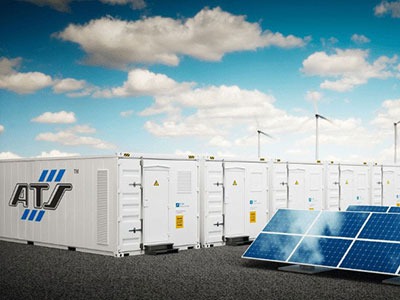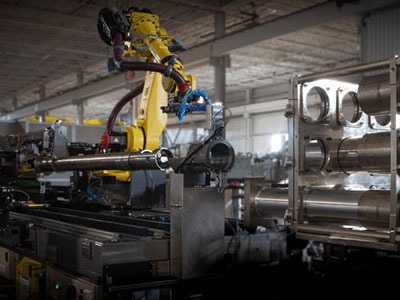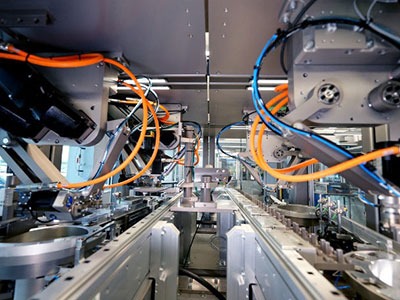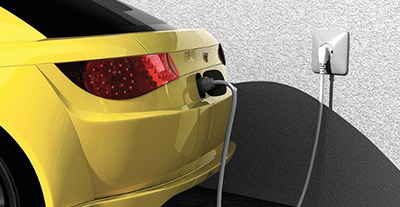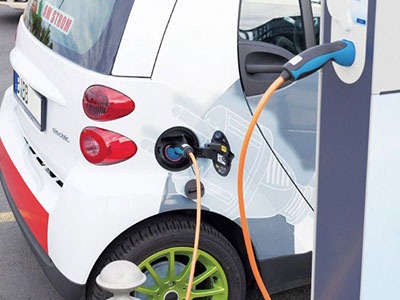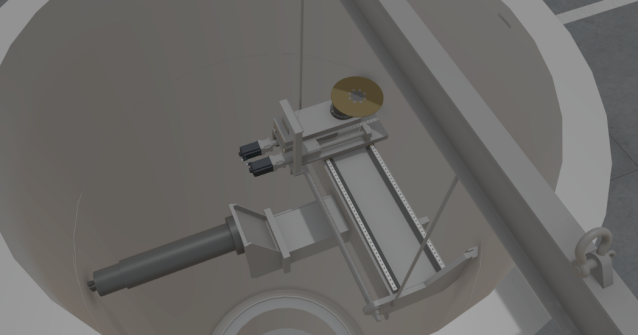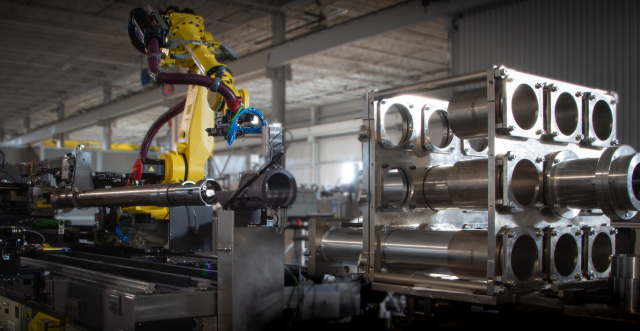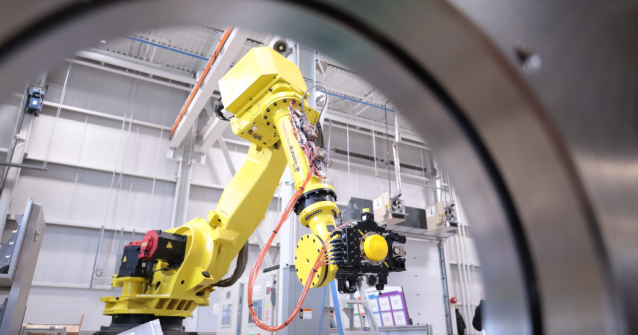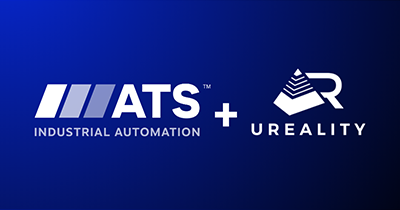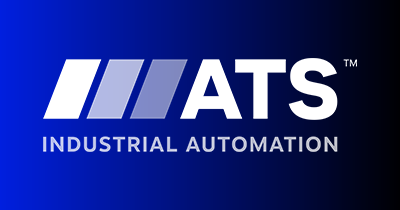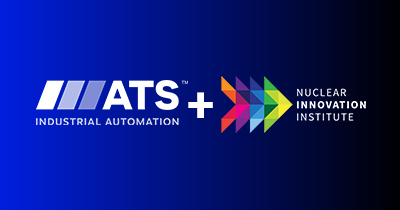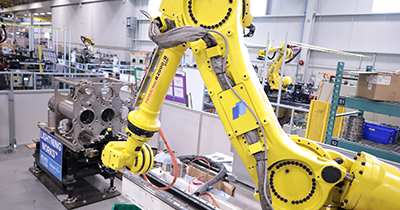Today’s landscape is digital, and manufacturing businesses that want to stay competitive must understand the distinctions between digitization, digitalization, and digital transformation. While these terms are often used interchangeably, each represents a unique stage in leveraging digitalization technology for growth. According to a recent study, companies that fully embrace digital transformation are 26% more profitable than their peers. Understanding these differences can help manufacturers effectively navigate their digital journeys, make data-driven business decisions, and achieve sustainable success.
So, what are digitization, digitalization, and digital transformation? Learn the differences in this comprehensive guide.
What is Digitization?
Digitization is the process of converting tangible information into a digital form. The transformation involves taking physical or analog data, such as paper documents, photographs, or audio recordings, and converting them into a digital format that can be easily stored, accessed, and manipulated using digital technologies.
For instance, taking a manual process, such as manual documentation and moving it into digital documentation so it can be accessed via tablets and other devices throughout the facility. By digitizing, the information contained in these physical documents, the information becomes more accessible and easier to manage, allowing for efficient storage, quick retrieval, and enhanced sharing capabilities between multiple users. Digitization is a fundamental step in the broader journey toward digitalization and digital transformation, laying the groundwork for further technological advancements and process improvements.
What is Digitalization?
Digitalization is the process of using digital technologies to change key business processes, create new processes, and improve efficiency. Unlike digitization, which merely converts physical information into digital form, digitalization leverages digital tools to enhance workflows and operations.
Digitalization is changing the manufacturing industry by integrating advanced technologies to enhance efficiency, productivity, and decision-making processes. By harnessing digital tools such as Internet of Things (IoT) devices, artificial intelligence (AI), and machine learning (ML), manufacturers can collect and connect real-time data from their operations and other data sources to allow users to monitor ongoing performance and predict maintenance needs. It also lets engineers simulate production lines and iterate on product design or processes before the line is delivered.
This data-driven approach helps teams identify bottlenecks, reduce downtime, and improve overall efficiency. Digitalization can even facilitate employee training through simulations, allowing workers to learn and practice processes in a risk-free environment. By digitalizing their processes, manufacturers can achieve greater agility, better quality control, and a more responsive supply chain, ultimately leading to increased profitability.
What is Digital Transformation?
Digital transformation is a broader strategic shift that leverages digital technologies to fundamentally change how a manufacturing business operates. Unlike digitization and digitalization—which focus on converting information and processes, respectively—digital transformation can be a comprehensive overhaul of a company’s strategies, structures, and operations. By integrating advanced digital tools and technologies into every aspect of the business, leaders can maximize revenue, reduce costs, improve quality, and increase flexibility.
For instance, adopting cloud computing, AI, and data analytics can enable a manufacturer to make data-driven decisions, enhance customer experiences, and streamline supply chain management. By leading their companies through digital transformation, manufacturers can stay competitive in a rapidly changing landscape and achieve long-term growth and sustainability.
Key Differences
Digitization, digitalization, and digital transformation each have distinct scopes and impact on a manufacturer’s day-to-day processes and workflows.
Digitization converts analog information into digital form, such as taking physical documentation and moving it into digital documents which can be easily accessed and easier to manage through mobile technology.. This is the most basic level of digital change, primarily aimed at making information more accessible and easier to manage. On the other hand, digitalization involves using digital technologies, such as IoT devices, like digital twins, to improve business processes and enhance efficiency. It goes beyond mere conversion of information by integrating digital tools to streamline workflows, leading to more effective business practices.
Finally, digital transformation represents a broader strategic shift that leverages digital technologies, to fundamentally change how a business operates. This transformation aims to maximize revenue, reduce costs, improve quality, and increase agility, sparking significant innovation and a competitive edge. While digitization provides the foundation and digitalization enhances efficiency, digital transformation drives strategic business practices.
Upgrading Business Practices with the Right Digital Tools
Any manufacturer aiming to thrive in today’s tech-driven world must understand the differences between digitization, digitalization, and digital transformation. Each term represents a different level of technological integration and business impact.
Recognizing where your manufacturing organization stands in this spectrum can help you identify the next steps needed to leverage these actions for growth. By embracing the appropriate level of digital integration, manufacturers can make data-driven decisions that enable product and business innovation and empower them to succeed.
Download our Free eBook to learn more about how digitalization can be used within every stage of the manufacturing lifecycle.

Roland Echter
General Manager - Digital
ATS Industrial Automation
Roland has helped companies across numerous industries to automate and optimize production with digital solutions. Roland works with customers to configure services, systems, using digital tool strategies to build and scale production and drive operational efficiency.





